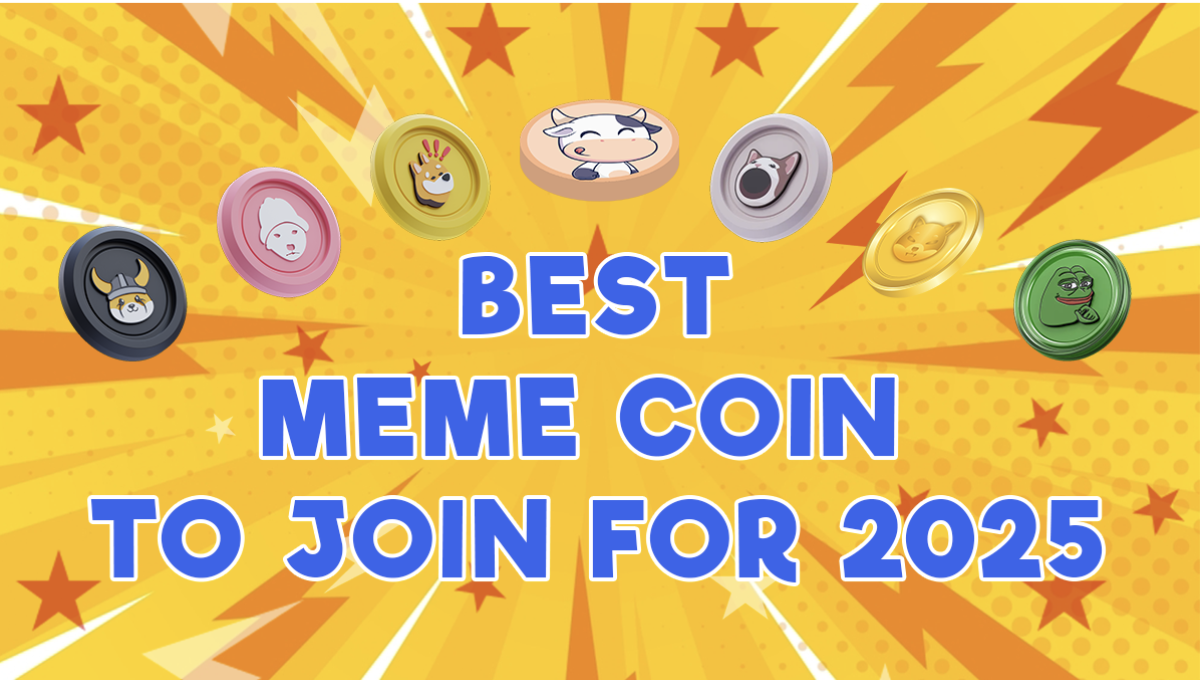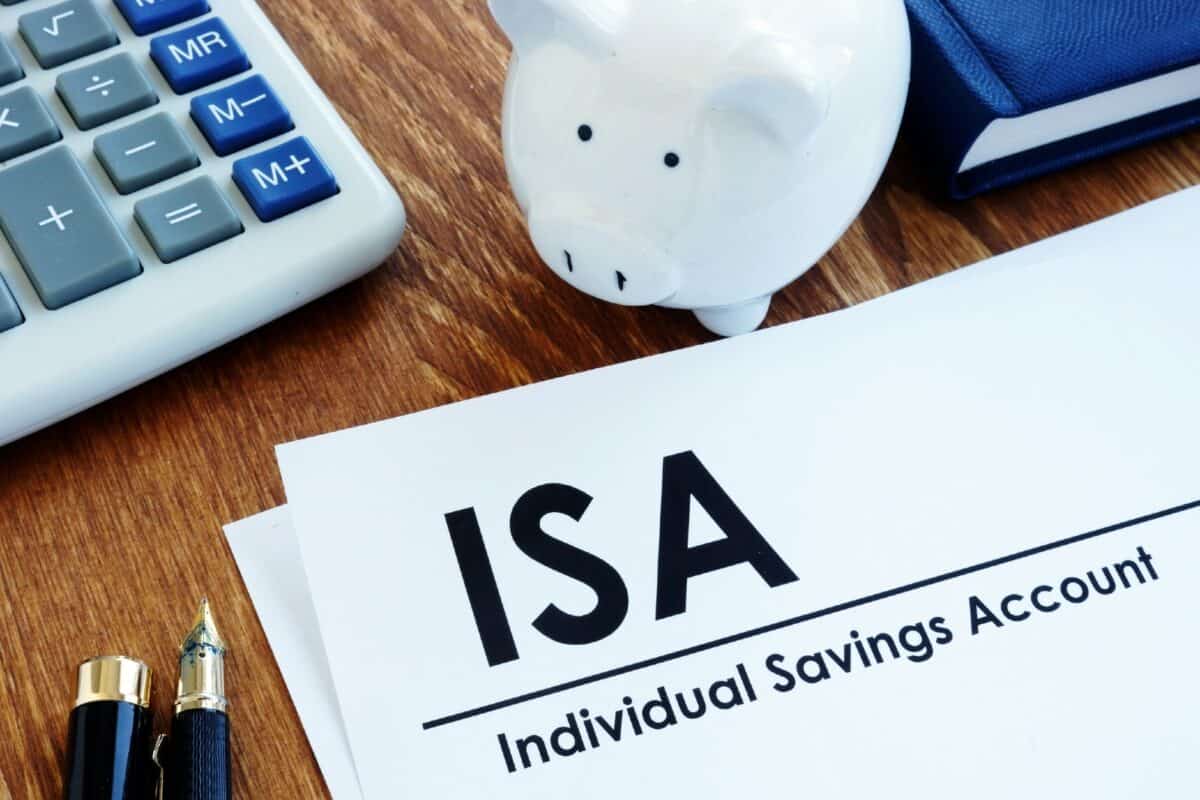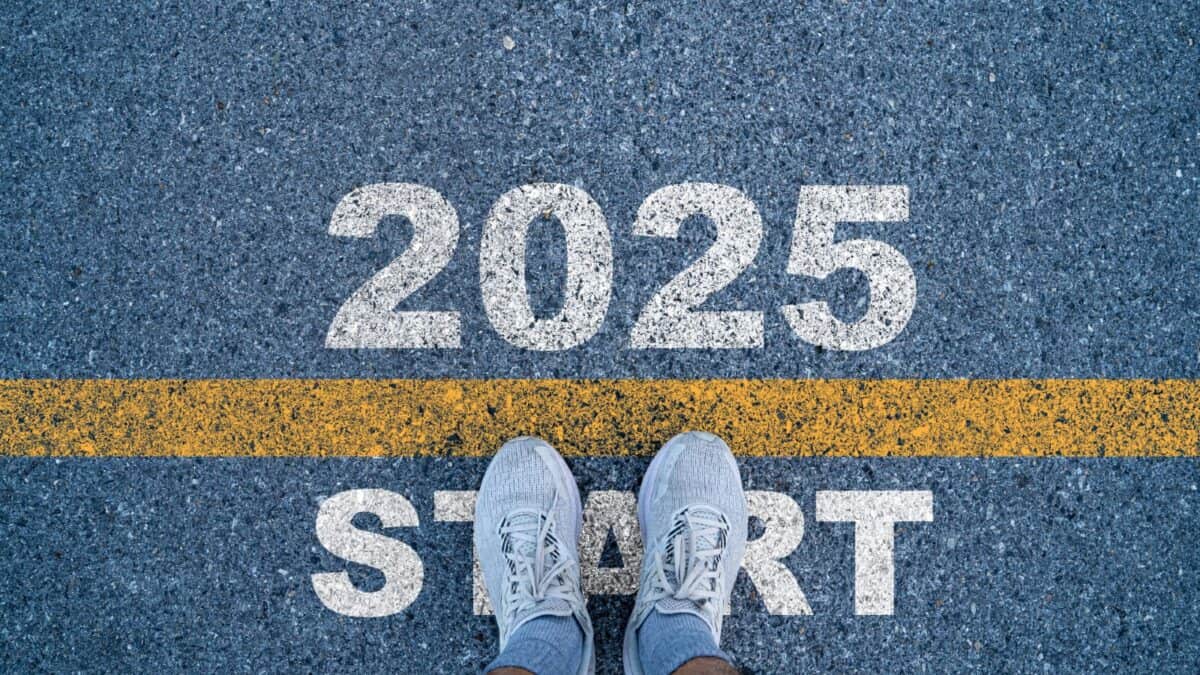Olaf Scholz was exasperated. At a meeting of EU leaders this week to brainstorm ways to maintain support for Ukraine when Donald Trump returns as US president, the German chancellor became irate that an idea he has regularly shot down was being touted again.
At the discussions at the home of Nato secretary-general Mark Rutte in Brussels on Wednesday night, Polish President Andrzej Duda called for the EU to confiscate and spend the €260bn worth of Russian sovereign assets immobilised at European financial institutions — an idea promoted by the US and UK but resisted by Germany, France and Italy.
“You don’t understand how this would affect the stability of our financial markets,” Scholz barked across the table at Duda, startling other leaders present, according to three people briefed on the discussions. “You don’t even use the euro!”
Ukraine and its European allies are entering a critical few weeks. Trump has said repeatedly he would end the war in a “day” after his inauguration on January 20, while Russian leader Vladimir Putin is in much less of a hurry. Trump’s campaign rhetoric, and that of his allies, suggests he could try to force Ukraine to accept a peace deal that is highly favourable to Moscow, or abandon Kyiv altogether.
Early interactions with Trump and his team since the election have left Europeans hopeful they can still shape his thinking. But they are divided not just on ramping up financial and military aid to Kyiv, as the Scholz-Duda spat showed, but on the bigger challenge of making any peace deal stick, if necessary with defence guarantees of their own.
There is a huge amount at stake. It is not just Ukraine’s sovereignty and independence that are on the line, but Europe’s own long-term security interests.
For Finland’s president, Alexander Stubb, the world has arrived at a potential turning point. “This is either the Yalta or the Helsinki moment,” he tells the FT, referring respectively to the 1945 conference where Roosevelt, Churchill and Stalin carved up the globe into spheres of interest, and the 1975 agreement to respect sovereign equality and territorial integrity of states.
“From our perspective, coming from a small state, it is very important that we don’t limit the sovereign right of Ukraine to decide its future,” Stubb adds.
European leaders have long argued that no settlement should be imposed over Ukrainian heads. The same also applies to them. “No peace in Ukraine without the Ukrainians, no security in Europe without the Europeans,” French President Emmanuel Macron said on a visit to Warsaw earlier this month.
But Europe is hardly in the best position to muscle its way to the negotiating table. Macron’s hand is weakened by political paralysis in France. Germany is preoccupied with a federal election and may not have a new government before early summer. Growth is at best weak and public finances are stretched everywhere.

“The Europeans remain largely unprepared for what has been on the cards since early this year,” says Christian Mölling, director of Europe’s Future programme at the Bertelsmann Foundation, referring to the Biden administration’s difficulties in securing congressional approval for a $60bn aid package. “They haven’t used the time for preparing on the kind of military strategy they would like to implement nor on the capability side.
“As a result, we are now entering the most dangerous weeks for Europe with uncertainty being the DNA of the new Trump administration.”
Trump’s public statements have been less than encouraging for Ukraine and its allies. By presenting himself as an even-handed arbiter in a conflict where Moscow is the clear aggressor, he often undermines Ukraine’s position.
He claimed earlier this month that Ukraine had lost 400,000 soldiers, a vast death toll that was quickly denied by President Volodymyr Zelenskyy. And he denounced the Biden administration’s green light for Ukraine to use US weapons for long-range strikes on Russian territory as a “big mistake” which he might reverse.
But Ukrainian and European officials have been reassured by more pragmatic signals coming from Trump’s cabinet picks and advisers. Keith Kellogg, Trump’s Ukraine envoy, welcomed Biden’s long-range weapons move and a surge in US weapons deliveries, saying it would give the incoming president leverage over Moscow.
“It seems like we are right now in the transition phase from political rhetoric and election rhetoric to more real and more serious policy,” says Oleksandr Merezhko, chair of the foreign policy committee of the Ukrainian parliament. “We can see this kind of careful, cautious evolution in the direction of more support for Ukraine because they realise that, after all, they’re not going to throw Ukraine under the bus.”
Merezhko is so upbeat he has already nominated Trump for the 2025 Nobel peace prize. European leaders are more cautious. But those who have talked to Trump or his advisers since his election, have been taken aback by his openness to their ideas and perspectives. “They’re not coming and dictating,” says Stubb. “They’re listening, they’re talking and they’re reflecting.”
Russian advances on Ukraine’s eastern front
European diplomats believe Trump can still be swayed. EU leaders have honed their arguments in conversations with Trump and his team. When Macron met Trump in Paris earlier this month, he told him he understood his concern with ending the war quickly but urged him to put Ukraine in a stronger position for a negotiation, say officials briefed on the conversation.
Many European officials point to the global dimensions of the Ukraine conflict — with North Korean troops now deployed on Russia’s side. They say the US would look weak to China and other adversaries if Washington were to abandon Kyiv or strike a deal that Russia then reneges on.
“I think that Trump wants to be strong,” Kaja Kallas, the EU’s new foreign policy chief, tells the FT. “And by failing Ukraine, I mean, Trump is not that strong . . . Whatever happens here has clear consequences also for America.”
Alexandra de Hoop Scheffer, the acting head of the German Marshall Fund, a US-based think-tank, says Trump’s team “are totally obsessed with the chaotic withdrawal from Afghanistan in 2021. They don’t want Ukraine to become Trump’s Afghanistan. That’s the slogan. And that gives you already the framework, the mindset within which Trump’s policy on Ukraine is actually being nourished and developed right now.”
Zelenskyy has been making these arguments for months as part of his “victory plan”, an effort to persuade the US and other allies to raise their support. He latched on to Trump’s revival of Ronald Reagan’s foreign policy mantra, Peace through Strength. Now it is echoed by most European leaders.

While Europeans are playing a good narrative game and are discussing higher defence spending as part of a comprehensive “offer” to Trump, they are struggling to work out their own contribution to any Ukraine peace settlement.
With the exception of Hungary and Slovakia, EU member states together with allies in the UK and Norway are committed to maintaining support for Ukraine, says a senior official. But there is no agreement on the most sensitive question of how to guarantee any peace deal to ensure Russia does not attack Ukraine again.
Some European officials say it is important to make clear Europe’s willingness to backstop Ukraine.
“Even before the peace negotiations there has to be a very strong understanding in the international community that we will guarantee the peace,” says Hanno Pevkur, Estonia’s defence minister. “We cannot take any of the options off the table.”
Macron too believes it is important for Europe to shoulder more responsibility for its own security — a long-standing objective — and to demonstrate this to Trump as a way of gaining a seat at the negotiating table. The French president has been leading “consultations” on security guarantees including the possible deployment of troops, including as a deterrent force to a future invasion. But so far he has made little headway.
“Nobody is thinking about anything in operational terms. People are talking,” says a senior European official.
Other European leaders have side-stepped the issue of sending troops to Ukraine, regarding it as too sensitive or premature. “There are a lot of questions to be answered before I think any of us can sign up on that,” says Mette Frederiksen, Denmark’s prime minister.
One reason is the sheer scale of the task for Europe’s depleted militaries.
A European diplomat says it would require at least 50,000-60,000 troops based on the assumption they would be able to “fight back”, according to assessments he has seen. They would need to be highly mechanised forces and would require an enormous logistical and resupply effort. It is a tall order, the diplomat suggests.

Another difficulty is assembling a powerful enough coalition of countries. Germany would be deeply reluctant to deploy troops for historical reasons. Polish Prime Minister Donald Tusk gave the idea of deploying troops to Ukraine short shrift when he met Macron in Warsaw earlier this month, saying that his country was already shouldering the “heaviest burden” of supporting Kyiv and defending Nato’s eastern flank.
Others, like Stubb and Frederiksen, believe only Nato membership can guarantee Ukraine’s sovereignty.
Some diplomats say it would be impossible to organise without at least some US support — particularly on intelligence, surveillance and reconnaissance — and perhaps the ultimate security backstop of America’s nuclear umbrella.
De Hoop Scheffer says Nato membership for Ukraine would be “the most cost effective” solution. But Trump “will definitely not” offer membership because it is his way of bring Putin to the negotiating table.
“He’s been very clear that Europeans will need to deploy troops on the ground and that the United States will not,” de Hoop Scheffer says. “This is not burden sharing, it’s truly burden shifting.”
A senior EU official says “everyone knows Ukraine needs US support and so do the EU countries offering guarantees, but now is not the time to publicly demand it”.
Alyona Getmanchuk, director of the New Europe Centre think-tank in Kyiv, says the only credible guarantee that would persuade Ukrainians to back a peace deal is “an invitation and accession — even a gradual one — to Nato”. But, Kyiv’s European allies would need to provide “transitional” commitments, she adds, starting with military instructors and advisers and then “a deterrence mission of combat ready troops”.

Nathalie Tocci, director of Italian think-tank the Institute of International Affairs, says the biggest differences in Europe are over expectations. Eastern and northern Europeans are more sceptical about Russia’s willingness to sue for peace than southern Europeans, who are more inclined to believe a deal is imminent. The sceptics are themselves divided over what Trump would do if Putin snubs his entreaties, with some hoping he would then double down on support for Ukraine while others fear he could abandon it altogether.
This makes it hard to find common positions that can be presented to the Trump White House as evidence of Europe’s willingness to take on a higher burden of support to Kyiv, say diplomats.
“It’s very difficult for [EU] leaders to know if they are all on the same page without knowing first what [Trump’s] opposite page will be,” says a senior EU diplomat.
Europeans hope that once in office the Trump administration will stand by Ukraine. “A week or two after [the inauguration] they’ll own this conflict,” says Norwegian Prime Minister Jonas Gahr Støre.
“Their decisions will matter together with ours.”
Cartography by Steven Bernard
Credit: Source link














